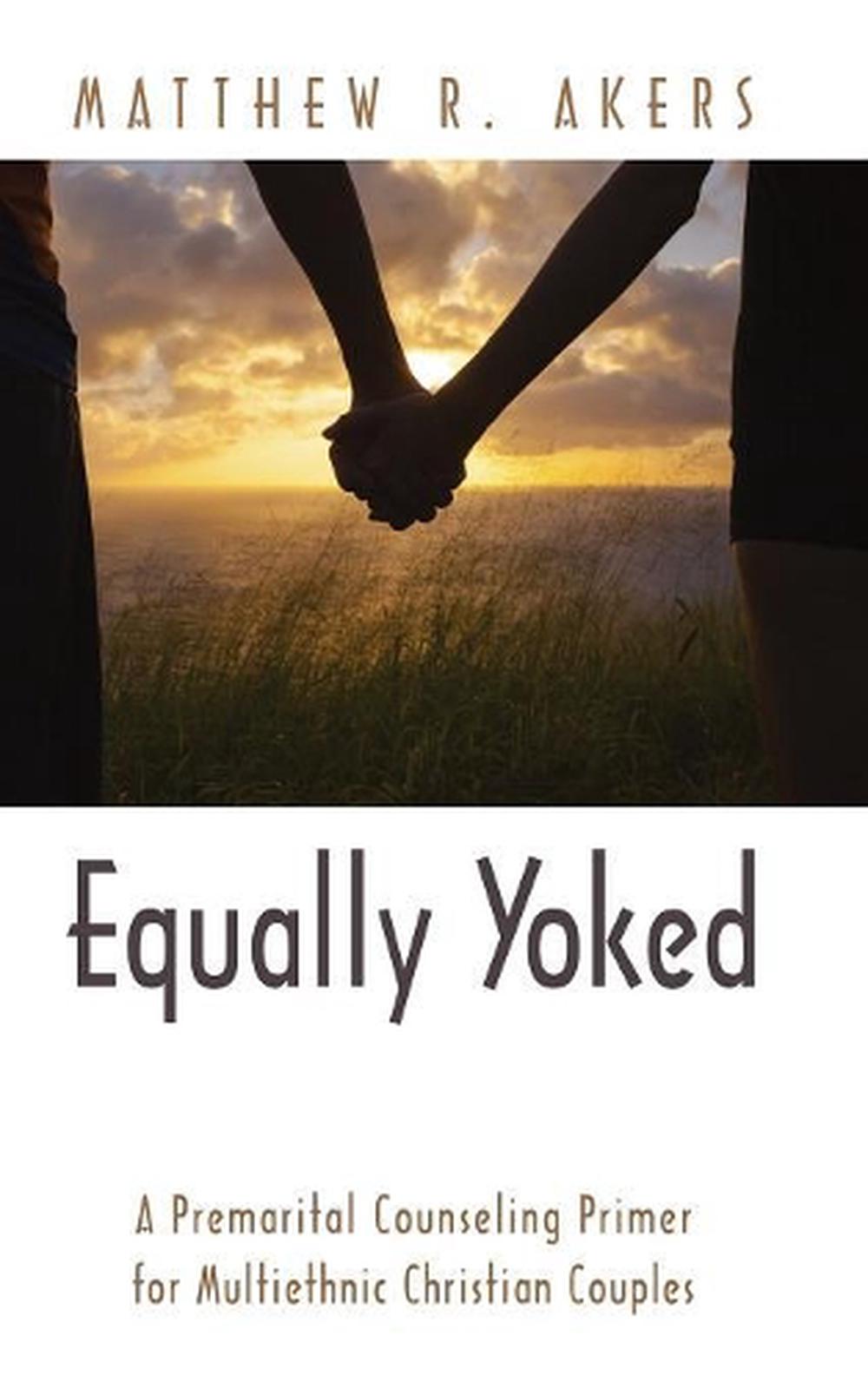

Sadly, the Church hasn’t had a brilliant track record of helping believers with depression. Ups and downs – yes, on a weekly or even daily basis! But depression – no. I can honestly say that I have never suffered from depression since. I was able to connect with people, engaging in conversation, enjoying walks, music – countless things that had hitherto felt ‘stolen’ from me. My depression quickly began to lift, and hope and joy began to stream into my life. As an act of faith, I re-committed my life to Christ, choosing as an act of will to trust him despite any intellectual doubts I still had. Besides, I was in such a low position that frankly, I was willing to try anything. For weeks on end, I considered the very notion preposterous, feeling that if such were even achievable, it would be tantamount to committing intellectual suicide.īut the sense that this was God speaking persisted I couldn’t keep ignoring it. My turning pointĬonstantly praying to a God I was no longer certain even existed, I eventually began to sense the Spirit inviting me to put my trust in him despite my doubts. Well-meaning friends urged me to ‘ Doubt my doubts and believe my beliefs' – but their throwaway panaceas were of little practical help. This was unquestionably a significant factor in my developing depression. My entire life had come to a standstill – and remained so for some time.Īlthough I had been a Christian for several years, I had begun to develop intellectual doubts regarding the validity of the Christian faith. Nothing interested, amused, or stimulated me. Life had lost purpose and I lost all inclination to do or even try to do anything. Well-meaning friends urged me to ‘ Doubt my doubts and believe my beliefs' – but their throwaway panaceas were of little practical help.Įverything seemed dark.
Equally downcast how to#
Pals, including a number of Christian friends, perhaps also feeling unsure of how to help, tended to keep their distance, adding significantly to my feeling of loneliness and isolation. My family, although deeply caring, had little understanding of what was happening. Emotionally and spiritually, I was totally undone.

In my case, as in so many others, there were a number of contributing factors, all converging and leading to a total collapse. I went through an extended ‘ dark night of the soul’ when around the same age as him. I felt I could relate to Mark’s situation only too well. More recently, he has been forced to move back in with his parents. My friend, Mark, is normally a highly sociable character, a hard worker, and the host of many a late-night party but we began to observe an air of eery quiet around the house: next to no visitors, blinds constantly drawn, even in daytime, and rarely a sight of him outside his door.

All three had been signed off work for several months. The personal reality of this has been brought home to me over recent weeks, on discovery that several friends, or close relatives of friends – all young men in their 20s or early 30s incidentally – were suffering from serious depression. While diagnosed depression was experienced by around 4% of the UK population prior to the pandemic, this rose to a staggering 32% following lockdown. We are now paying the cost for this fearmongering ‘pandemic’. The increased social isolation, uncertainty about the state of the world, and constant media bombardment outlining the serious – even fatal – consequence of catching Covid succeeded in causing widespread distress. The first Covid lockdown “ had a profound effect” in increasing the prevalence of anxiety and depression among the general UK population ( according to a study by psychologists at the University of Bath). One recurrent outworking of depression is that people struggle to think clearly or to gain proper sleep. Continuous low moods or feelings of deep sadness, feeling hopeless and helpless, and having low self-esteem were all increasingly common symptoms. The medical world was shocked last week by revelations from an academic study which shows that depression is not a chemical imbalance in the brain, as has been taken for granted for many decades, and that scientists have no real idea how antidepressants work.Įven prior to Covid and the lockdowns, depression was an increasing trend in western society. "I waited patiently for the LORD he turned to me and heard my cry. He lifted me out of the slimy pit, out of the mud and mire he set my feet on a rock, and gave me a firm place to stand" (Ps 40:1-2)


 0 kommentar(er)
0 kommentar(er)
